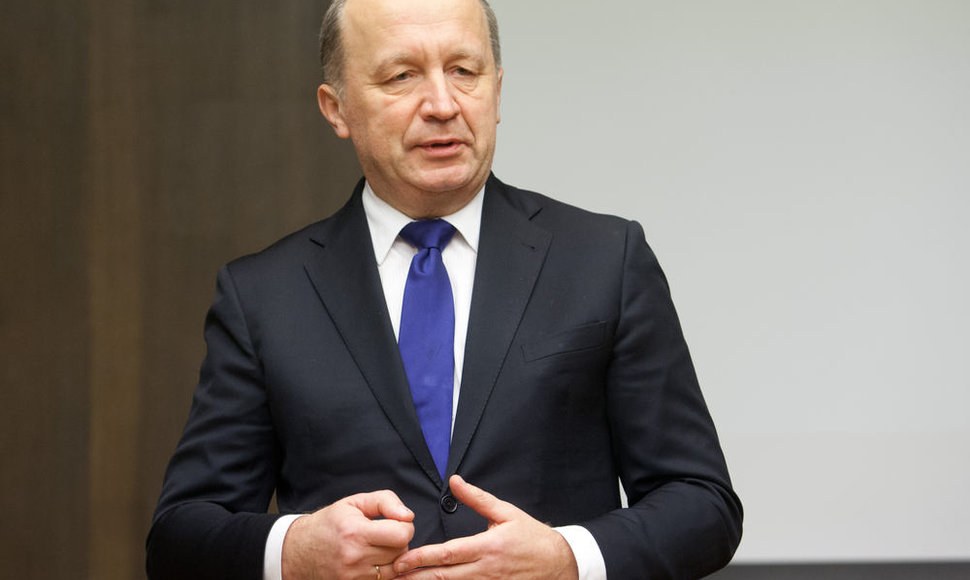"We have to be very clear on this – the main feature uniting the two merging parties is not some imaginary center-left ideology. The main uniting factor is that the past decade of the parties' operations featured the largest amount of Russian traces – from millions of Yury Borisov and Russia's Almax to the efforts of Viktor Uspaskich to be granted political asylum in Moscow," Kubilius told a news conference at the parliament on Monday.
Rolandas Paksas, the leader of the Order and Justice party, was ousted from the President's Office in 2004 as a result of parliamentary impeachment for gross violations of the Constitution he committed by granting the Lithuanian citizenship to his sponsor Borisov by exception. After being charged with bookkeeping fraud in 2006, the Labor Party's chairman Uspaskich fled to Russia and applied for political asylum there. He returned to Lithuania in 2007.
Speaking at Monday's news conference, the opposition leader said he saw signs of the ruling coalition's policies, especially energy policies, leaning towards the East.
"Unfortunately, we observe that winds from the East have lately become the prevailing winds, especially in energy. And the weather vane has shown moderate resistance to the direction," Kubilius said.
Councils of the Labor Party and the Order and Justice party recently gave a green light to the merger, with the final decision to be made by party congresses in the end of April.












